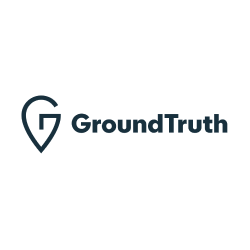Brief:
- Apple began removing apps from its App Store that gather the location and personal data about users of its mobile devices, 9to5Mac reported. The iPhone maker is informing developers that their apps violate guidelines that say they can't "transmit user location data to third parties without explicit consent from the user and for unapproved purposes."
- The company is telling developers to remove any code, frameworks or software development kits that trigger the violation before they can resubmit their apps to the App Store for review. It also wants developers to explain how they share and use the location data.
- Apple is restricting developers from using data in ways that don't improve the user experience. It's not clear how many apps are under App Store review for privacy issues and data sharing.
Insight:
Apple's review of data-sharing by third-party apps comes as the start date for the European Union's strict privacy rules, named General Data Protection Regulation, approaches. A number of apps are built around data-sharing models but this move by Apple, whose App Store remains one of the most popular sources for apps, means all developers should be taking a closer look at how they are using data, including how they gained permission to use it. On May 25, companies can face major fines for not obtaining the informed consent of people whose data are collected and shared. The rule is expected to mostly affect technology companies that collect user data, but every industry needs to comply with the rules to avoid fines that can equal 4% of annual sales.
Compliance with GDPR should be a major concern for any app developer, but many appear to be unprepared. More than half of mobile applications may not meet the privacy standards, according to a study by SafeDK, a mobile SDK management platform. The company said that more than 5% of the most popular apps had at least one SDK that gets access to a mobile user's location.
Apple has thus far been a major advocate of data privacy, with CEO Tim Cook describing it as a "fundamental human right." The company already faces EU scrutiny for its planned takeover of music-identification app Shazam. Last month, antitrust regulators voiced concerns that the tech giant could use the app to lure and convert customers to its own music service. The EU set a Sept. 4 deadline to probe whether Apple would get access to commercially sensitive information about users of rival music-streaming services if the acquisition were to go through.
The EU has demonstrated its strong resolve to enforce data privacy rules that affect EU citizens, wherever they are in the world. The European Commission last year fined Facebook $122 million for misleading regulators during a review of the $19 billion takeover of WhatsApp in 2014. Regulators and lawmakers are scrutinizing the social network after it disclosed in March that the personal information of millions of users wrongly ended up in the hands of political consulting firm Cambridge Analytica, a recent scandal that's catapulted data privacy and the power of tech giants into the spotlight.












